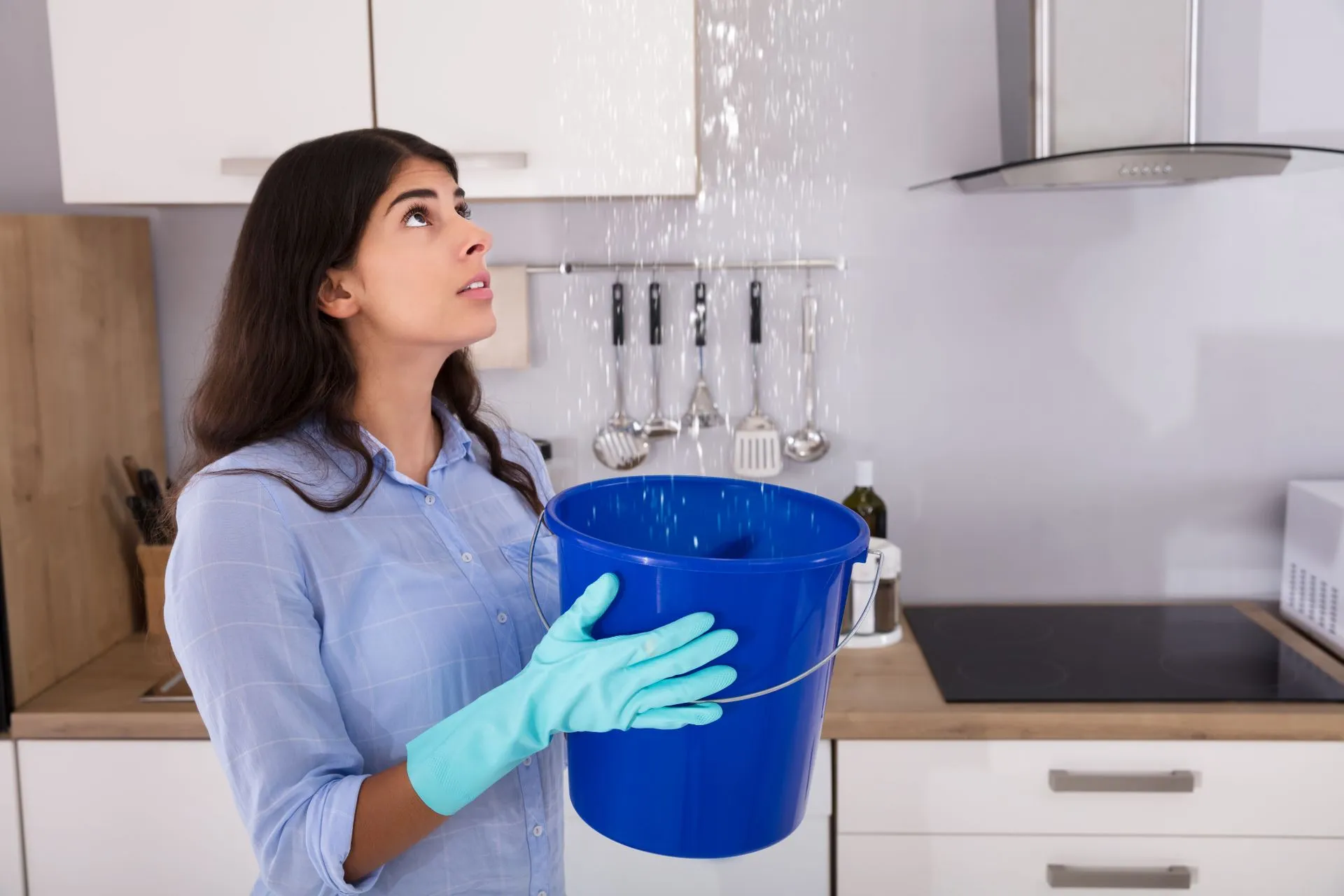
Water damage is not merely a physical threat to your home; it also takes a considerable toll on your mental well-being. The aftermath of water damage can leave homeowners feeling overwhelmed, anxious, and distressed. From the shock of discovering the damage to the uncertainty of the restoration process, the psychological impact can be significant. However, by understanding the emotional challenges and implementing coping strategies, homeowners can navigate this difficult experience more effectively.
The Initial Shock
The first sight of water damage in your home can be shocking. Whether it’s a burst pipe, flooding, or a leaky roof, the sudden intrusion of water disrupts the sense of security and comfort in your living space. The immediate reaction is often one of disbelief and panic as you scramble to assess the extent of the damage.
Feelings Of Loss And Disruption
Water damage disrupts your daily life and can lead to feelings of loss. Personal belongings, furniture, and cherished items may be damaged or destroyed, triggering a sense of grief and sadness. Moreover, the upheaval caused by the restoration process, including temporary displacement from your home, adds to the emotional strain.
Anxiety About The Future
Stress can get worse when you don’t know what will happen in the future. People who own homes may worry about the costs of water damage, such as the cost of repairs and their insurance benefits. Concerns may also be raised about how water damage will affect the home’s structure in the long run and the chance of mold growth.
Coping Strategies For Homeowners
While coping with the psychological toll of water damage can be challenging, there are strategies that homeowners can employ to manage their emotions and regain a sense of control.
1. Seek Support
Reach out to friends, family, and neighbors for emotional support during this difficult time. Talking about your thoughts with people who understand can help you feel better. You might also want to join online forums or support groups for people who have been affected by water damage.
2. Practice Self-Care
Put yourself first by doing things that are good for your physical and mental health. To lower your worry, try deep breathing, yoga, meditation, or other ways to relax. Take time to do things that make you happy and take your mind off of the problems caused by the water damage.
3. Stay Informed
Educate yourself about the water restoration process to alleviate fears and uncertainties. Stay in regular communication with your water restoration company to understand the steps involved and the timeline for restoration. Knowledge empowers homeowners and helps them feel more in control of the situation.
4. Focus On What You Can Control
While some aspects of water damage may be beyond your control, focus on what you can do to mitigate further damage and facilitate the restoration process. Follow the guidance of your restoration professionals from Rapid Restoration and take proactive measures to protect your home and belongings.
5. Practice Gratitude
Amidst the challenges of water damage, find moments of gratitude in your life. Express appreciation for the support of loved ones, the dedication of restoration professionals, and the opportunity to rebuild and restore your home. Having a good attitude can help you see things differently and make you stronger.
Conclusion
Water damage takes a significant psychological toll on homeowners, eliciting feelings of shock, loss, and anxiety. However, homeowners can handle this difficult situation better by using coping techniques like getting help, taking care of themselves, staying informed, focusing on what they can control, and being thankful. Remember, you are not alone in this journey, and with time and resilience, you can overcome the psychological challenges of water damage and emerge stronger than before.


